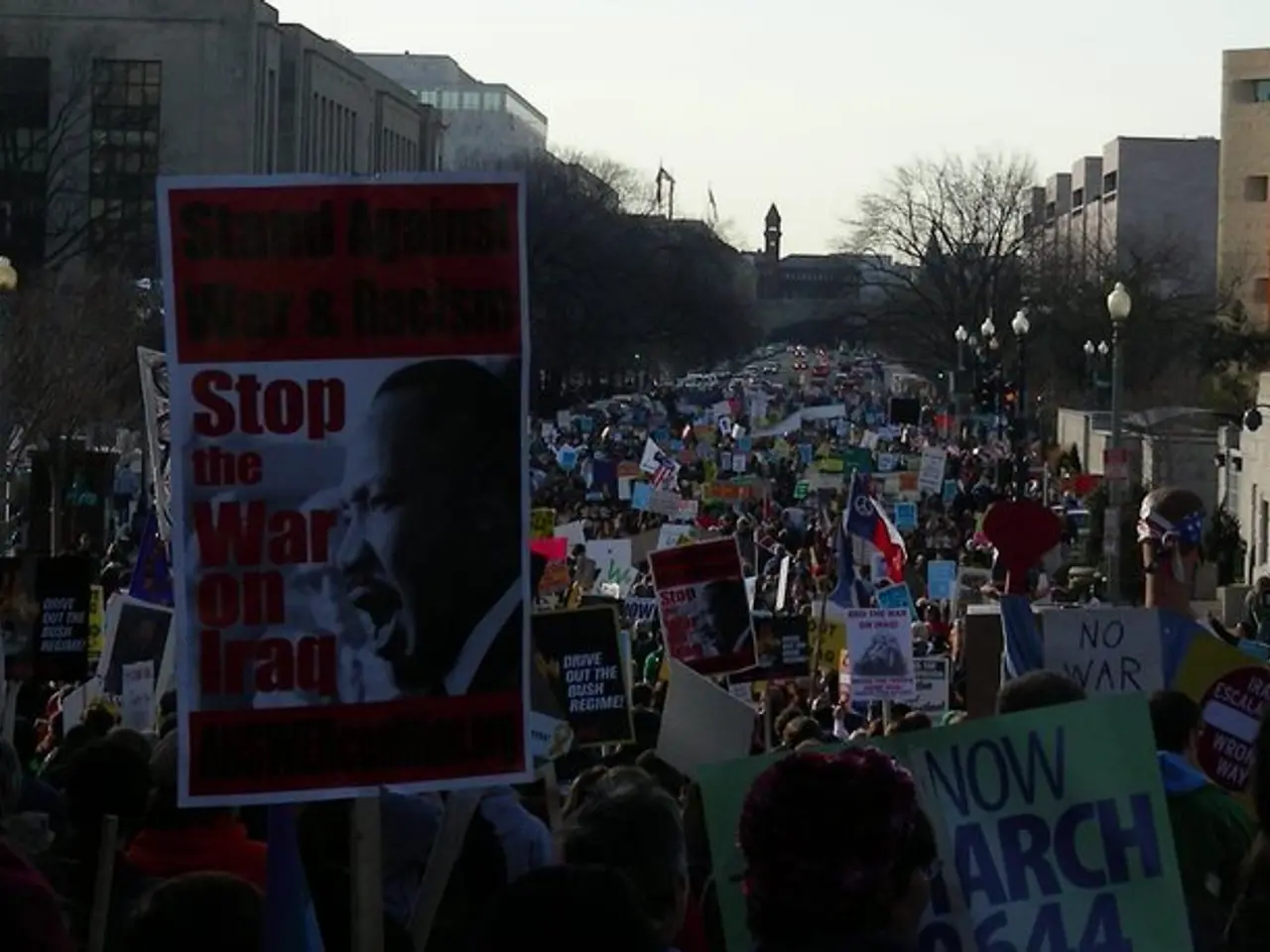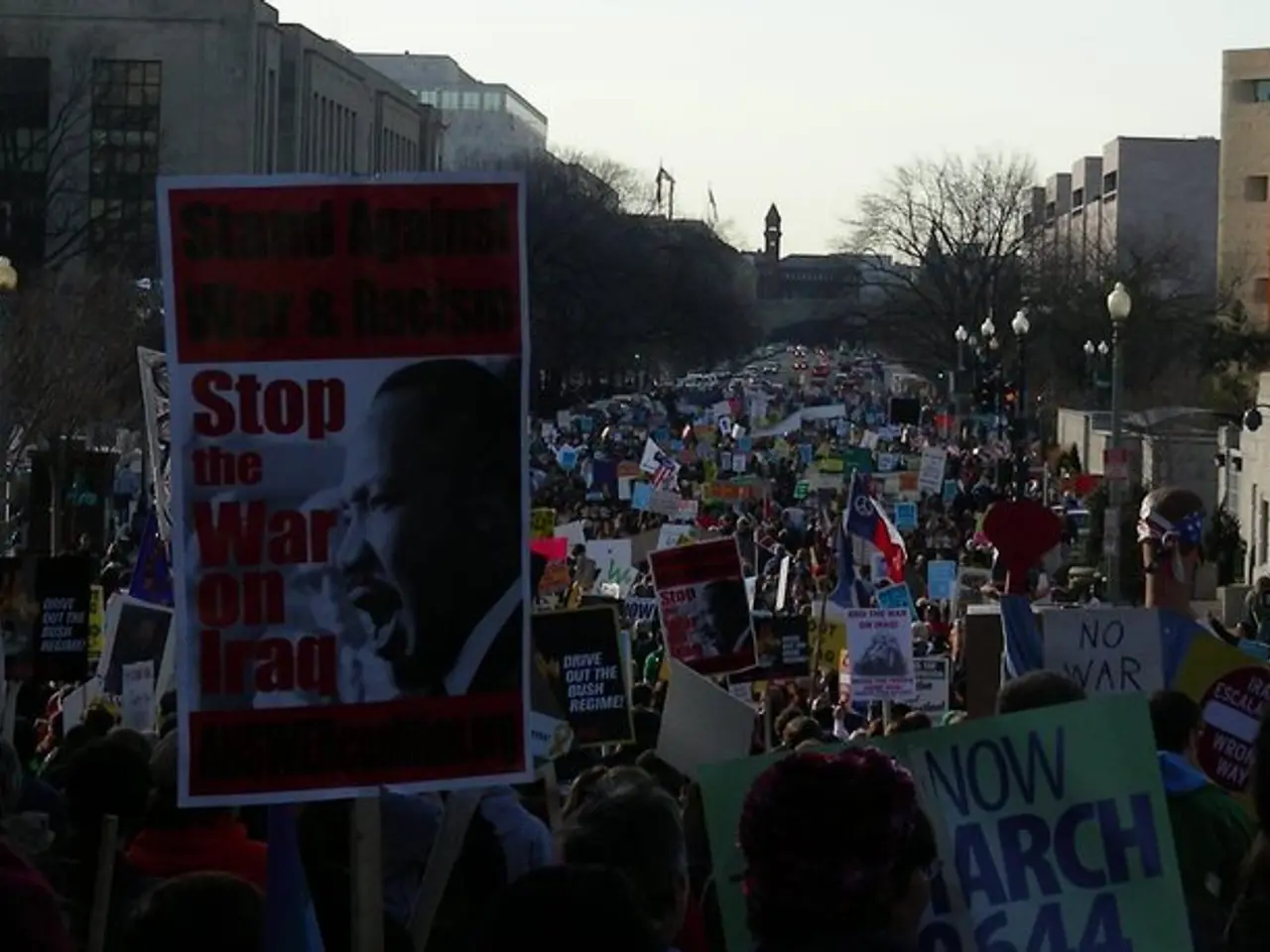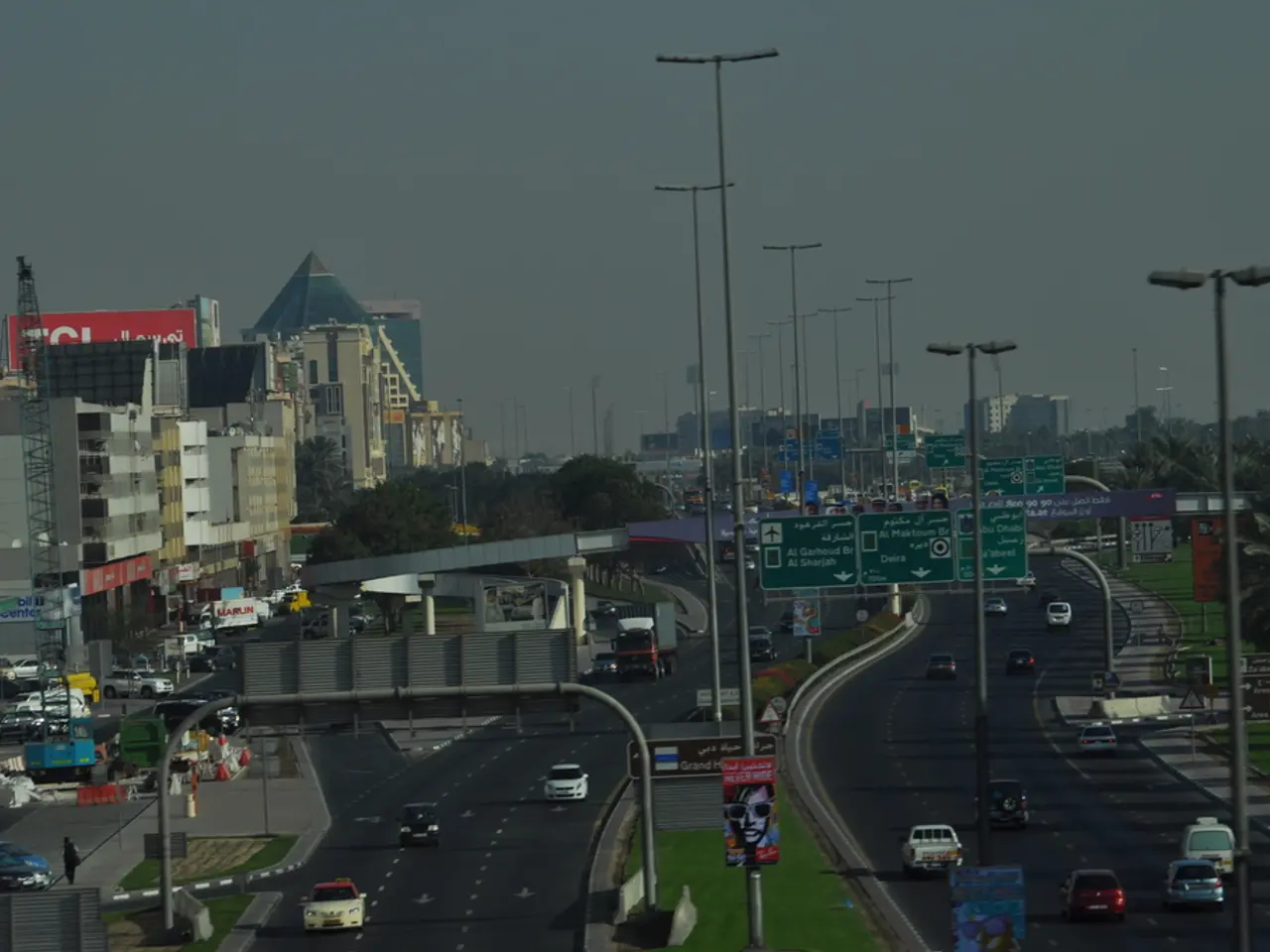Negotiations between the United States and the Taliban appearing to be inching towards an accord
The United States and the Taliban are reportedly on the brink of signing a peace agreement, with the Taliban's political spokesman claiming it will happen by the end of this month. This potential deal, if successful, could mark a significant step towards ending the long-standing conflict in Afghanistan.
Carter Malkasian, former senior adviser to General Joseph Dunford, has analysed the conditions necessary for a stable Afghanistan post-U.S. troop withdrawal. His work, "The American War in Afghanistan: A History," highlights the importance of several key factors for stability.
Firstly, effective governance and legitimacy are crucial. The Afghan government must be able to exercise authority and provide public services across the country to gain legitimacy in the eyes of the population. Secondly, Afghan security forces need to be able to sustain control over territory independently, without depending heavily on foreign troops, to prevent a Taliban resurgence.
Political reconciliation is another essential factor. A political settlement or reconciliation process that integrates elements of the Taliban and other insurgent groups into the political framework is necessary to reduce incentives for continued conflict. Counterterrorism measures are critical for regional and global security, with continued efforts required to prevent Afghanistan from becoming a safe haven for international terrorist groups.
Lastly, economic and social development plays a significant role in reducing grievances exploited by insurgents. Building effective economic infrastructure and addressing social needs can help create a more stable environment.
Malkasian emphasises that without these intertwined conditions, particularly a competent Afghan government and security apparatus, Afghanistan risks descending back into violence and instability post-U.S. withdrawal.
If the U.S. were to suddenly stop supporting Afghanistan economically after an agreement, the Taliban might not continue with the deal, and those helped by the U.S. in the past could lose backing. Therefore, it is crucial for the U.S. to maintain a diplomatic and economic role in Afghanistan even after troop withdrawal to ensure the agreement's continuation and the stability of the country.
The deal is conditional upon the Taliban meeting counterterrorism guarantees, such as not supporting al-Qaida or other terrorist organizations. If a broader agreement is struck, U.S. troops will start withdrawing from Afghanistan. The Taliban are expected to meet with the Afghan government and other elements of Afghan society to reach a political settlement, according to Malkasian.
The Afghan government, Afghan people, and the Taliban reaching an agreement requires ongoing U.S. diplomatic and economic support for the deal to last. Malkasian believes this peace agreement could be a way out of the long-standing conflict in Afghanistan, but it will require a long-term commitment beyond just troop presence.
[1] This paragraph provides additional insights based on Malkasian's book and related expert analyses.
- For the peace agreement regarding the ongoing conflict in Afghanistan to be successful, the United States must maintain a diplomatic and economic role after troop withdrawal to ensure the agreement's continuation and the stability of the Afghan government.
- As part of the deal, the Taliban will need to meet counterterrorism guarantees, such as not supporting al-Qaida or other terrorist organizations, and will be expected to engage in political reconciliation with the Afghan government and other elements of Afghan society.








